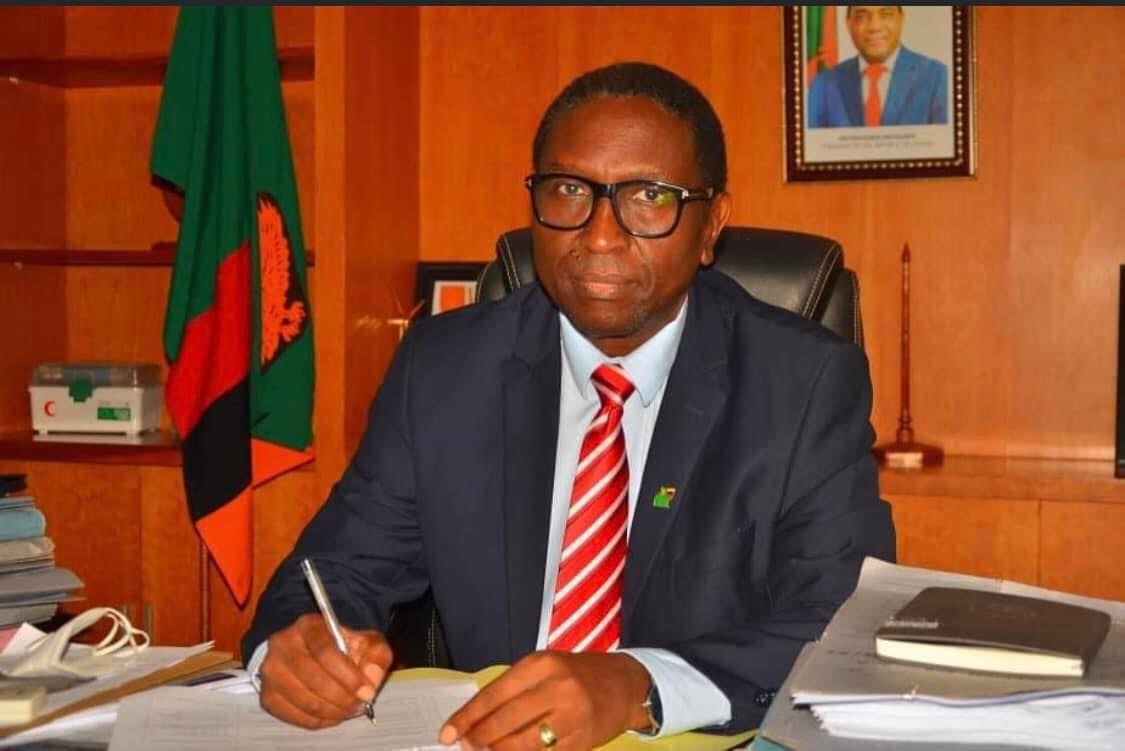GOVERNMENT EAGER TO GENERATE SUFFICIENT ELECTRICITY – KAPALA
Minister of Energy, Peter Kapala says Government is eager to generate sufficient electricity to meet the huge demand in the agriculture and mining sectors in the country.
Speaking in a speech read for him by the Ministry of Energy Permanent Secretary, Peter Mumba, during the launch of the Integrated Resource Plan (IRP) in Lusaka today, Mr Kapala says government needs sufficient power to drive its economy.
Mr Kapala said due to government’s robust investment in many sectors of the economy, the demand for power will increase exponentially and that the launch of IRP is a step in the right direction.
He observed that the launch of the Integrated Resource Plan (IRP) will act as a blueprint to accelerate power generation for the country to meet its electricity demand through renewable energy such as solar and wind.
Mr Kapala added that the IRP, which is a 30 year plan, is a strategy for electricity generation, transmission and distribution infrastructure that will ensure national energy sufficiency and surplus.
The Energy Minister further explained that the adverse effects of climate change have increased in intensity, thereby causing decline in energy generation.
“The focus of my Ministry is to effectively deliver power to all Zambians so that they can maximise their businesses. Government wants huge investment in energy to boost economic growth,” he said.
He called for the speedy implementation of the IRP which is a roadmap to powering sustainability, connectivity and climate- responsive growth for Zambia.
And ZESCO Managing Director, Victor Mapani, said the utility company and the country at large requires about 2, 600 megawatts by 2030 in order to drive the mining sector which has projected to increase Copper production to three million tons per year.
Mr Mapani is optimistic the launch of the IRP will increase power generation and transmission coming from renewable sources such as solar and wind to enable Zambia to become a power pool house in Southern Africa.
He observed that without sufficient power in the country, no meaningful development can be recorded and that the launch of the IRP project will increase electricity significantly.
Meanwhile, British High Commissioner to Zambia, Nicholas Woolley pledged UK’S commitment to collaborate in upscaling the energy sector in Zambia.
He said the launched IRP is destined to create over seven thousand direct and indirect jobs to Zambians once fully implemented by 2030 and 2050 respectively.
The British High Commissioner added that the IRP project will bring prosperity for the country as it will become a power pool generation in the region.
